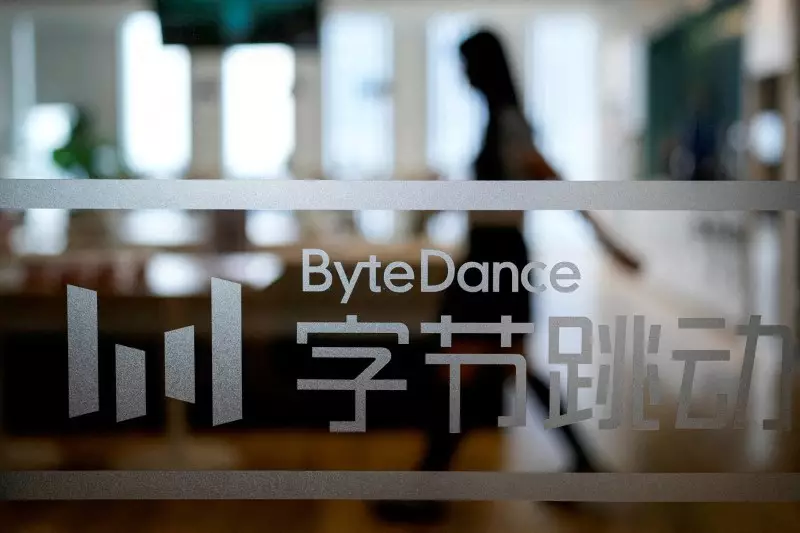ByteDance, the Chinese conglomerate behind the viral social media platform TikTok, has pegged its corporate valuation at approximately $300 billion following a recent share buyback initiative. This valuation is noteworthy, particularly given the mounting challenges and uncertainty surrounding TikTok’s operations in the United States. Reports indicate that ByteDance is pursuing a buyback of shares at around $180 each, a move reflective of its efforts to bolster investor confidence in turbulent times.
The valuation and share buyback strategy appear to be calculated steps to maintain a stable financial environment amid governmental scrutiny. This situation underscores the broader implications of regulatory pressures faced by tech companies operating across borders. As ByteDance seeks to reassure investors, the looming possibility of a U.S. ban adds layers of complexity to its strategic planning.
The political atmosphere surrounding TikTok has been tumultuous, particularly given the stark contrast in public statements from various U.S. leaders. President-elect Donald Trump previously described the application as a national security concern but later expressed a more favorable viewpoint by stating that TikTok encourages competition among social media platforms. Trump’s eventual presence on TikTok indicates a shifting narrative and highlights the platform’s popularity among American users, with a staggering 170 million Americans engaging with the app.
This contradictory stance from political leaders can create confusion among stakeholders, particularly investors. While Trump’s apparent support for TikTok may bolster optimism about its future in the U.S. market, uncertainty persists due to the Biden administration’s stance. The law signed by President Biden set a deadline for ByteDance to divest its ownership of TikTok by January 19, to address national security concerns. This legislative move has significant implications for TikTok’s operations and its ability to maintain a foothold in one of its largest markets.
Amidst these developments, TikTok is not resting on its laurels. The company, along with ByteDance, has taken legal action against the U.S. government challenging the Biden administration’s mandate for divestiture. This legal struggle could have far-reaching implications not only for the future of TikTok but for the regulatory landscape governing foreign technology companies operating in the United States.
In this complex web of legal battles, political maneuvering, and market valuation, the future of TikTok hangs in a delicate balance. The outcome of these challenges will likely shape both ByteDance’s trajectory and the broader dynamics of international tech companies navigating the U.S. market. As stakeholders closely monitor the evolving situation, the critical question remains: how will ByteDance adapt to these shifting sands while continuing to engage its vast user base?
Through this lens, it becomes clear that while TikTok’s valuation may paint a picture of financial health, the underlying regulatory challenges and political dynamics represent significant hurdles that require careful navigation. ByteDance’s response to these challenges will be pivotal in determining the app’s longevity and its role in the competitive social media landscape.

